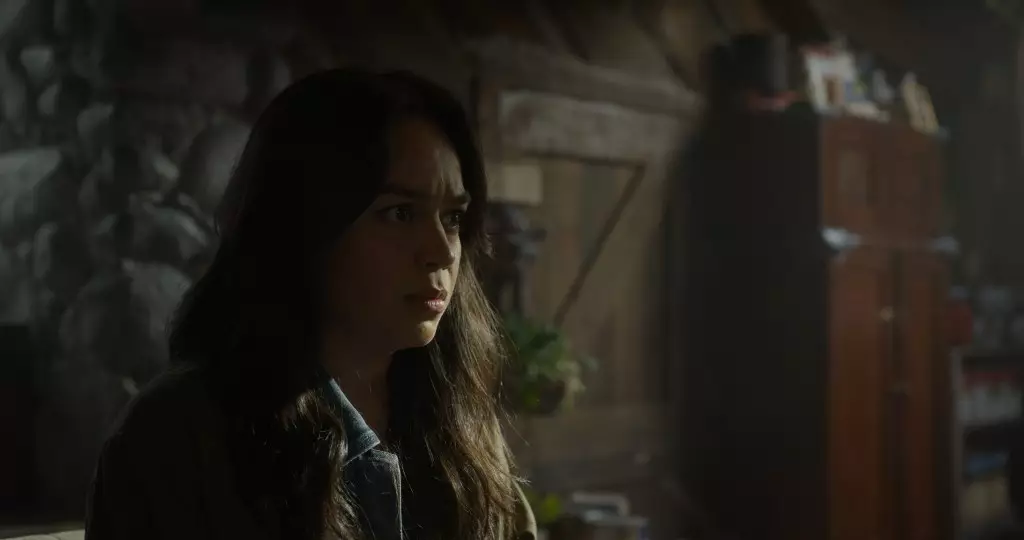The iconic “Final Destination” series, spanning over two decades, has masterfully blended thrills with mortality’s inexorable grip. However, the upcoming “Final Destination: Bloodlines,” premiering May 16, dares to shake up the familiar horror formula. Director Zach Lipovsky’s decision to plunge the narrative back to 1969 for the initial premonition is a bold departure that not only honors the legacy but propels it into uncharted territories. This unique narrative structure is a refreshing inversion from the typical opening sequences that fans have come to recognize, which often reveal a high-stakes event tangled within the fateful web of death’s design.
Unpredictability—The Heartbeat of Horror
Lipovsky’s insistence on crafting a story that compels viewers to lean forward in their seats speaks volumes about the direction of modern horror. In an age where audiences are increasingly desensitized to traditional tropes, the filmmakers’ commitment to unpredictability is invigorating. They hint at a narrative where the audience’s assumptions will be systematically dismantled—suggesting that the anticipated death will not play out according to plan. By obfuscating who, when, and how characters are destined to meet their end, “Final Destination: Bloodlines” not only tantalizes the senses but also awakens an almost primal fear of the unknown. This shift culminates in a cinematic experience where every frame could signal imminent danger, invoking a heightened tension that keeps viewers guessing.
A Deeper Psychological Dive into Fear
Beyond the gore and trickery, this sixth installment promises to delve into the psychological horror lurking within our mortal fears. College student Stefanie’s journey—propelled by her disturbing dreams—acts as the emotional heartbeat of the film. It’s not merely the fear of death that invigorates the narrative; rather, it is the fear of powerlessness against an unseen force. The juxtaposition of the past and the present allows for exploration of legacy, personal responsibility, and the dreadful knowledge that, no matter how diligently one tries to escape fate, it remains an omnipresent specter.
The Social Commentary Within the Carnage
On a broader scale, “Final Destination: Bloodlines” can be interpreted as a commentary on the human condition—the relentless pursuit of meaning in the face of inevitable demise. In its exploration of familial ties and the murky waters of fate versus free will, the narrative contemplates broader societal issues surrounding anxiety and despair, particularly relevant in today’s tumultuous climate. The protagonists’ struggle to save their loved ones mirrors real-life dilemmas many face while grappling with uncertainty—making the film not just an exercise in fear but a provocative reflection of our collective consciousness.
As the franchise returns with fervor, “Final Destination: Bloodlines” is poised to not only thrill dedicated fans but also attract new audiences. An imaginative blend of innovation and homage, it champions the notion that horror can evolve, embracing unpredictability while daring to question the very essence of life and death itself. In a world increasingly dominated by predictable narratives, this film might just be the exhilarating jolt that modern cinema desperately needs.

Leave a Reply